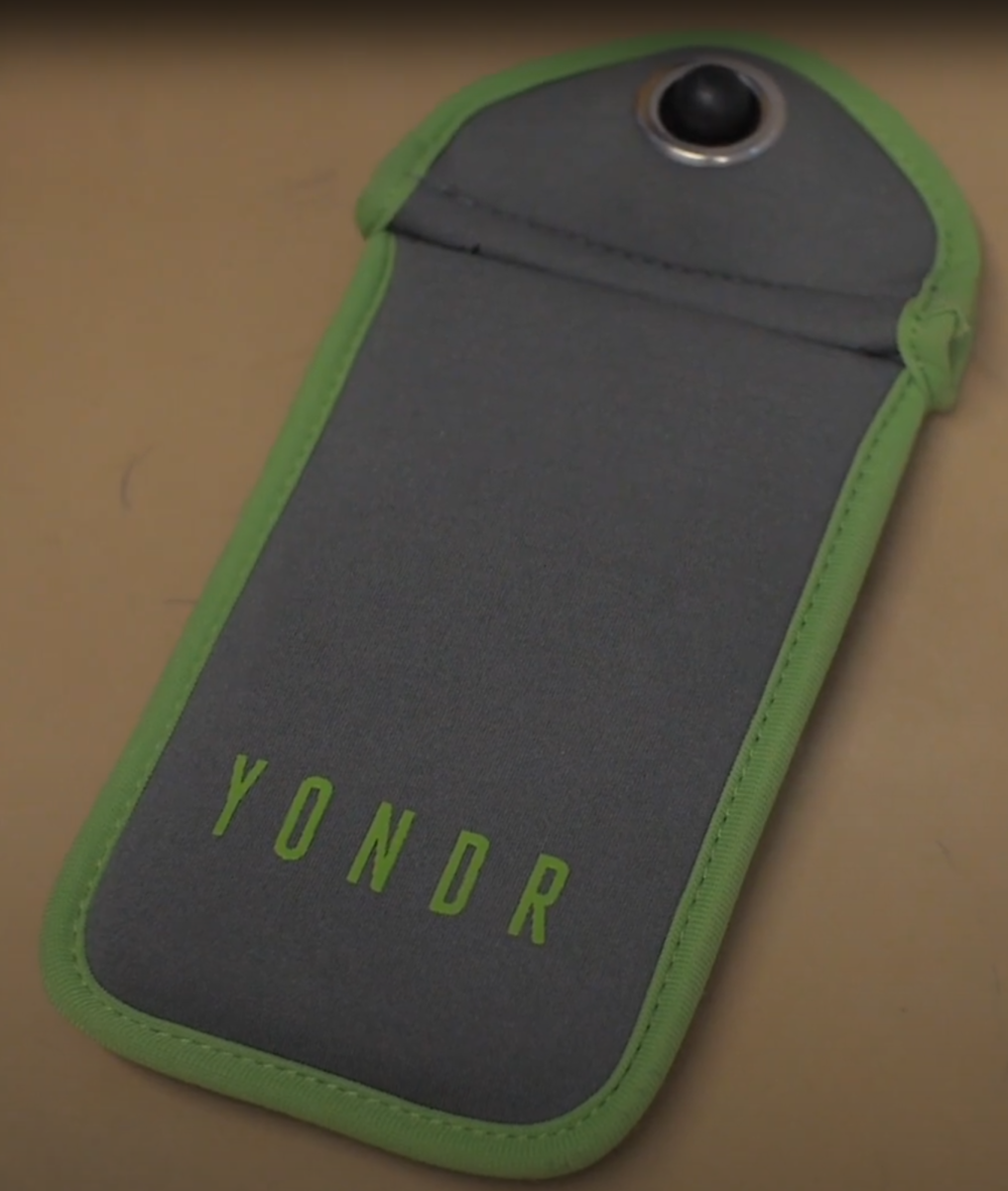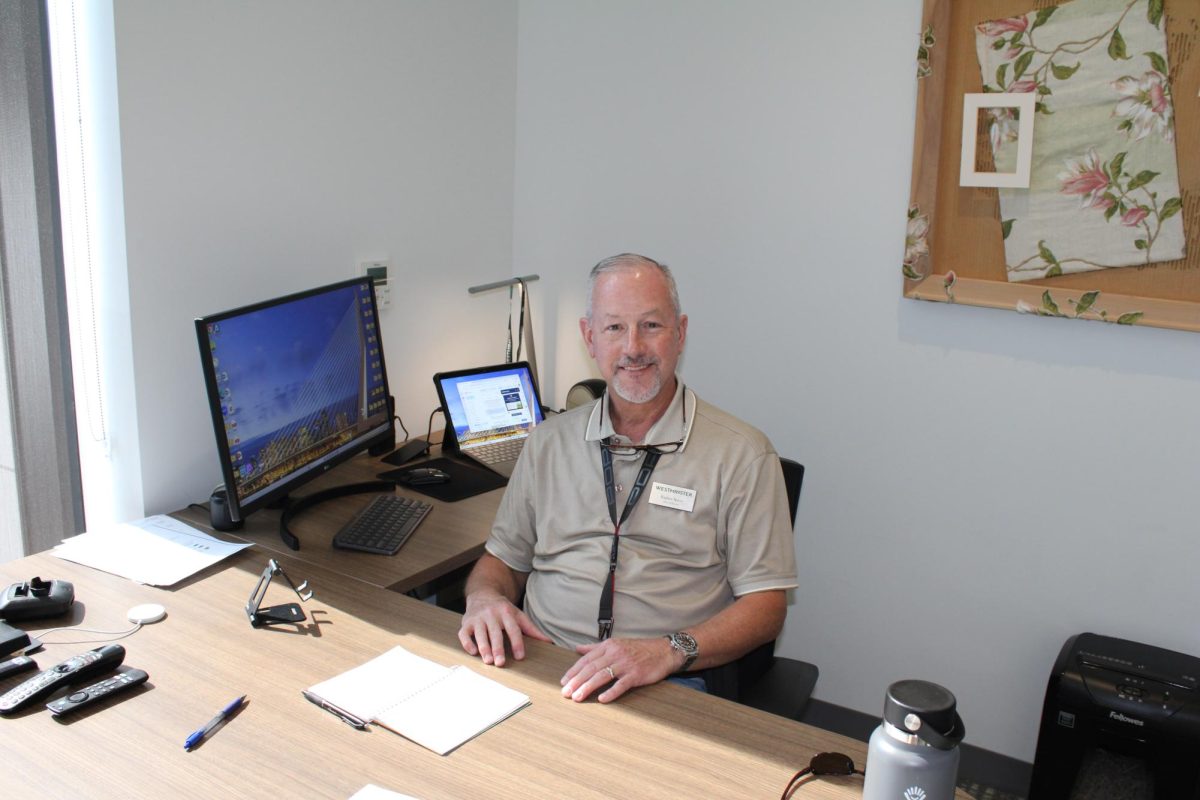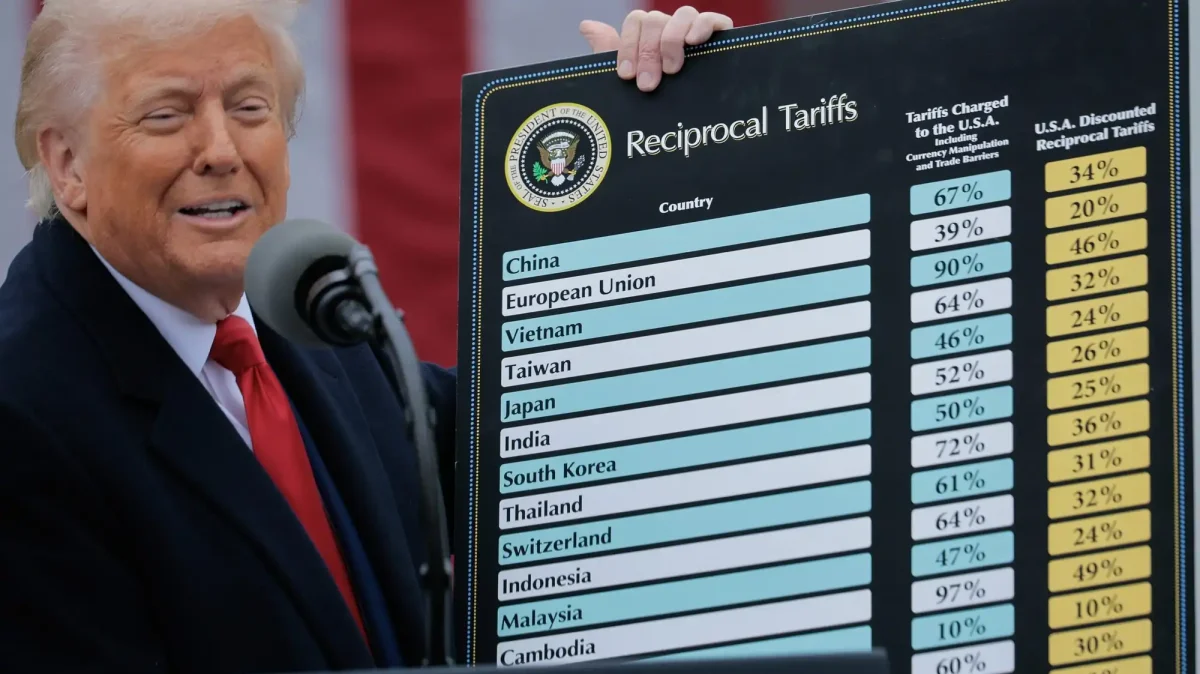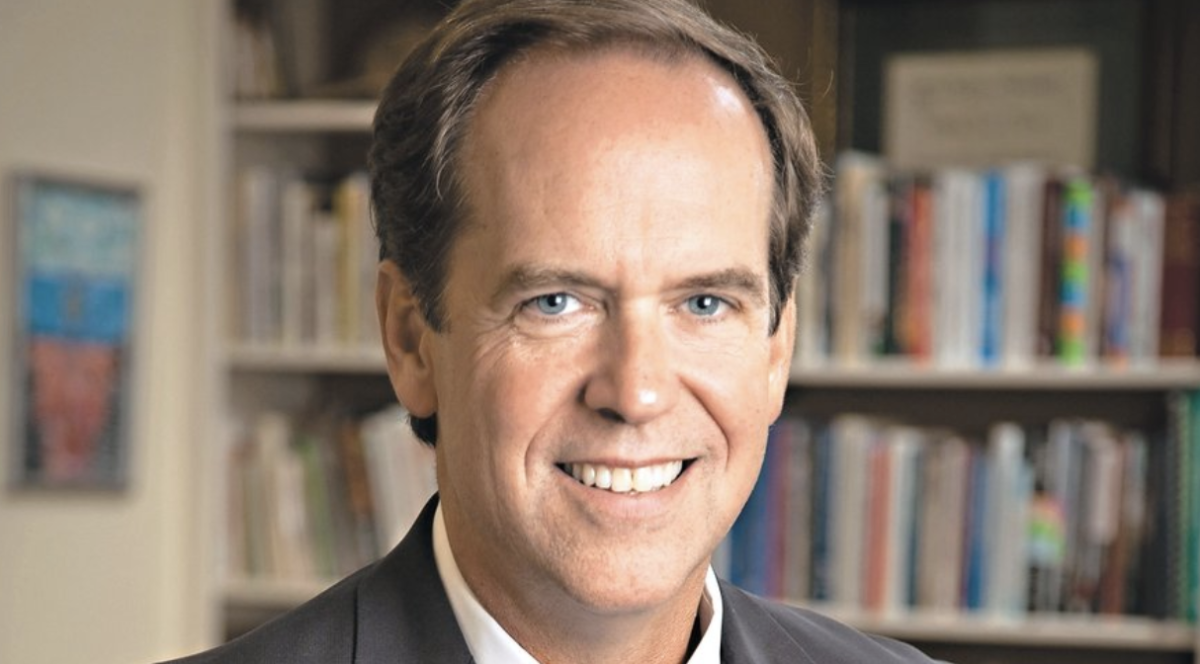Westminster’s increasing environmental consciousness has been one of the most prominent changes on campus during the last few years. One of the important contributors has been the community garden, a large and refreshing green area located next to senior lot. Its diverse range of vegetables, fruits, and herbs adds to its appeal. Recently, Community Garden Days, which have been occurring on Tuesdays after school, encourage anyone in the Westminster community to learn about the garden, as well as to help out with preparation and planting. So far, there have been great results, and students from every grade have participated.
“Over the last couple of Community Garden Days we have been planting many things,” says DirtCatz faculty sponsor Emily Horne. “Some of these plants include Tendergreen mustards, Georgia Southern collards, Dwarf Siberian kale, Bloomdale spinach, and Waltham broccoli as our winter greens for the cafeteria. Many plants from the summer are still producing quiet well, like our Zebra Green tomatoes, Black Beauty eggplants, purple basil, and long-leaf Italian basil. Fingerling carrots were planted mid-August and should be ready at the end of November. We also have tons of herbs: lavender, chive, rosemary, mint, thyme, sage, cilantro, and parsley. And even though they are not producing right now we have our asparagus and strawberries beds (they are perennials), and they will start producing again in the spring.”
This extensive list is no easy job, however, and does take quite a bit of work to maintain. Garden manager Joey Jarrell, who spends many hours tending to the garden during and after school hours, oversees the whole process of garden maintenance. If you don’t find him outside, you will most likely find him in the greenhouses, which are located adjacent to the garden. After a year with Westminster, he excitedly speaks about upcoming expansions to the garden.
“We’re actually planning on doubling the size of it within the next two months,” Jarrell says. “We’re looking forward to the big event on December 1, when we’ll have some PAWS parents coming to help us out with the garden expansion. We’re also planning to get a garden operating up at the courtyard at the elementary school, so we’re not only expanding at the garden in senior lot but also at other spots around campus!”
In addition to Jarrell, the DirtCatz are a huge help to the garden. The DirtCatz, a group composed of Westminster students, faculty, and staff, are actively involved with the food sustainability movement on campus.
“I really enjoy gardening; I find it cathartic and peaceful, and I like being outside and working with dirt and plants,” says freshman DirtCatz member Katie Carithers. “I think it is important to have a garden on campus because the type of education you get from gardening is extremely important. It is knowledge that is easily applied to daily life.”
Sloan Krakovsky, a senior DirtCatz member, jokingly remembers how she joined last year.
“I joined DirtCatz because last year one day Ben [Clark] brought me to the garden and let me eat strawberries straight from the ground.” However, she adds why she finds it a rewarding and valuable experience.
“I think it’s important to teach kids about how important sustainability is in the world we live in today,” says Krakovsky. “It’s also important to teach them how great organic food is!”
The garden continues to serve as an active reminder on campus about the importance of sustainability.
“When you look at the number of farmers markets and sustainable agricultural practices happening in Georgia, which is a huge agricultural state, you realize that more and more people are waking up to the fact that the way that we’ve always gone about getting our food is not necessarily the most sustainable way of doing things,” says Jarrell. “It’s important to note, however, that gardening is something that each individual can do, even if it is something on the smaller scale such as growing herbs in a kitchen window. It’s the way that you can contribute to the sustainability movement that matters, in contrast to consuming something more processed, or something that has traveled many miles. It’s neat to think that gardening can be a part of that movement, because it’s something that people can do themselves.”
Jarrell also encourages students to come out and help with the garden whenever they can.
“I’m here most days, and if students have some free time and want to help out, they can always email me ahead of time to join me out in the garden! There’s always something to do—whether it’s something like pulling weeds, planting and harvesting, or working the compost bin. I’m always here to simply discuss things as well, whether you want to chat about the garden here, or starting your own at home!”
With a great student and faculty following, the garden has grown into a very important part of the Westminster community. With upcoming developments on the way, look out for an even more sustainable future.






